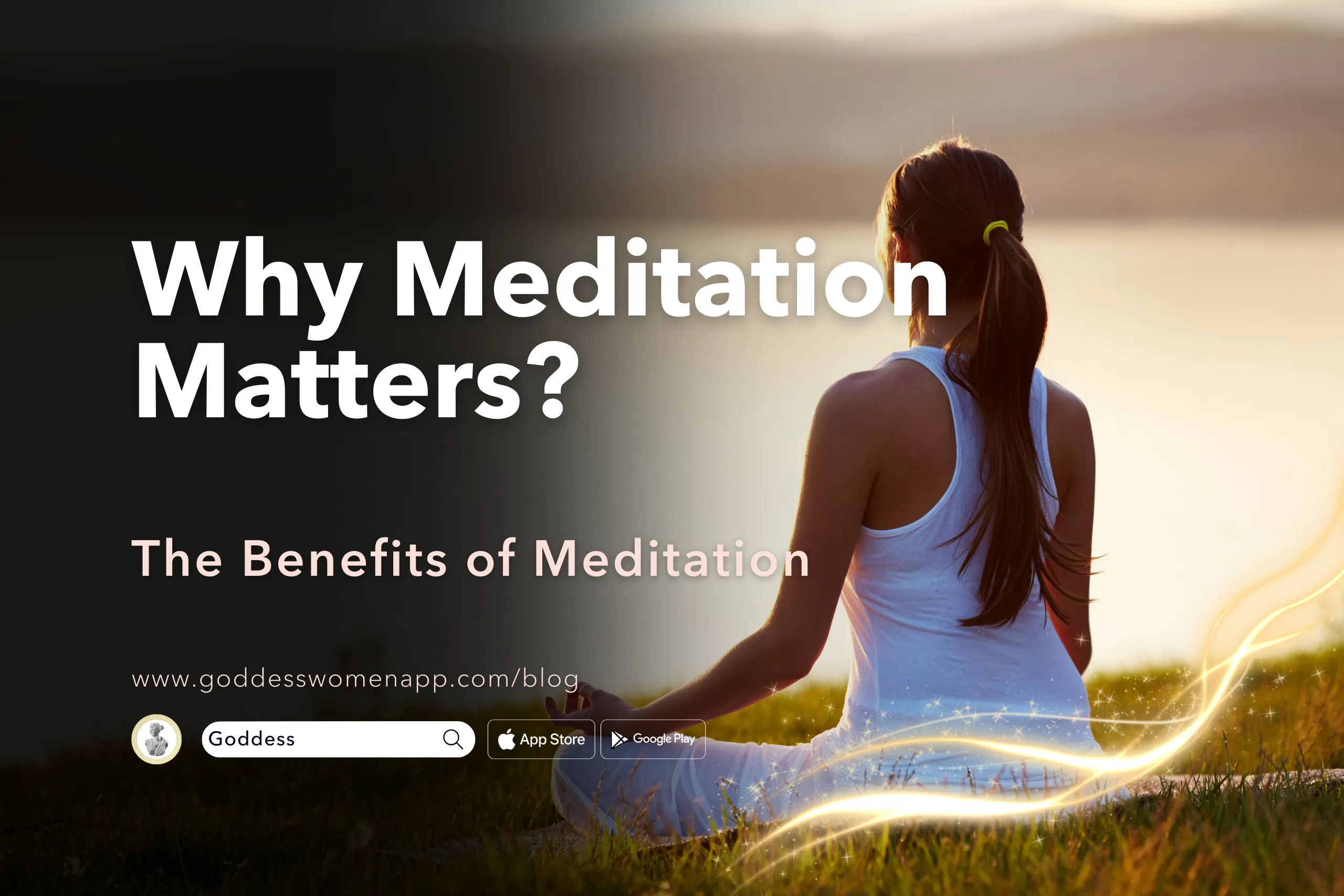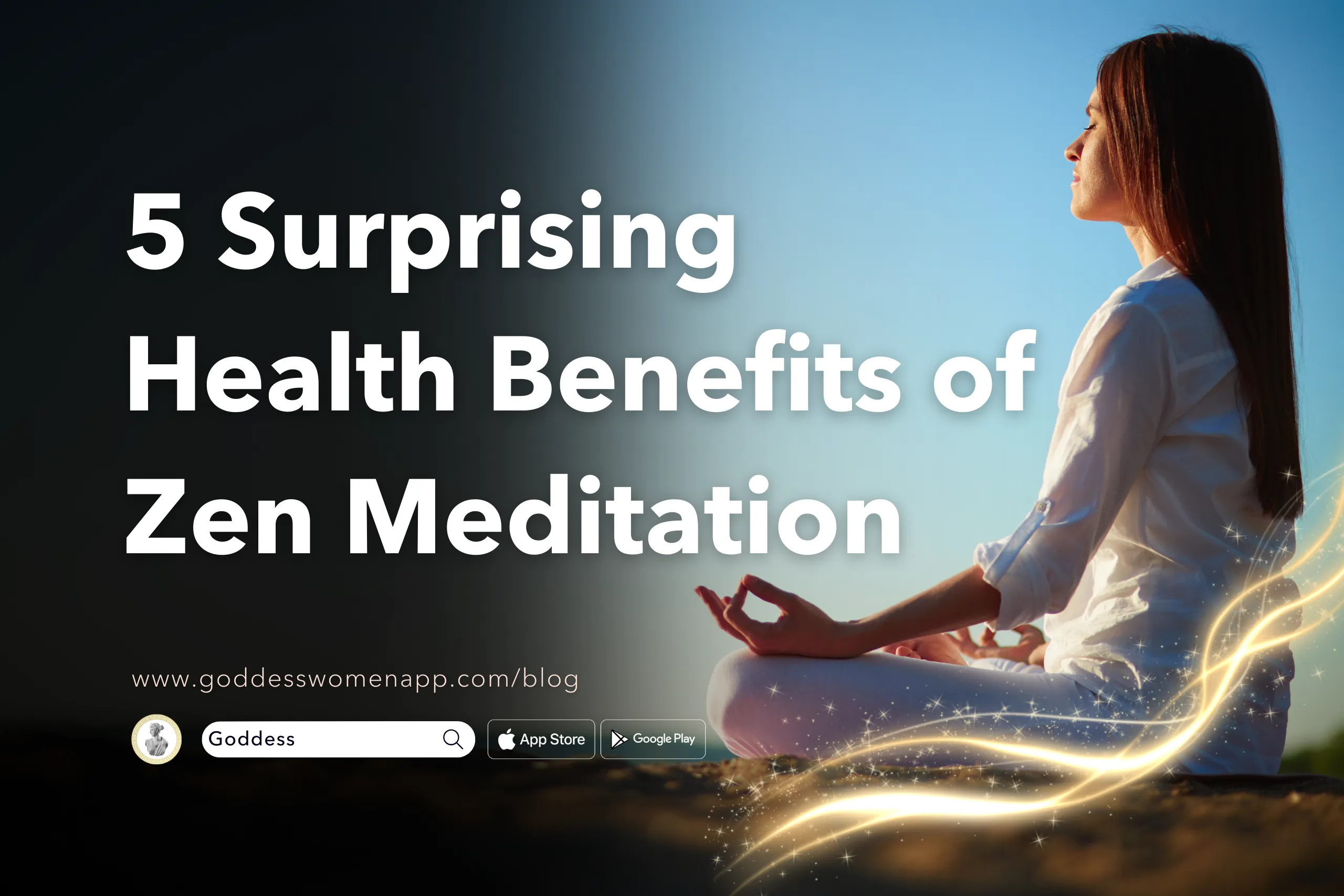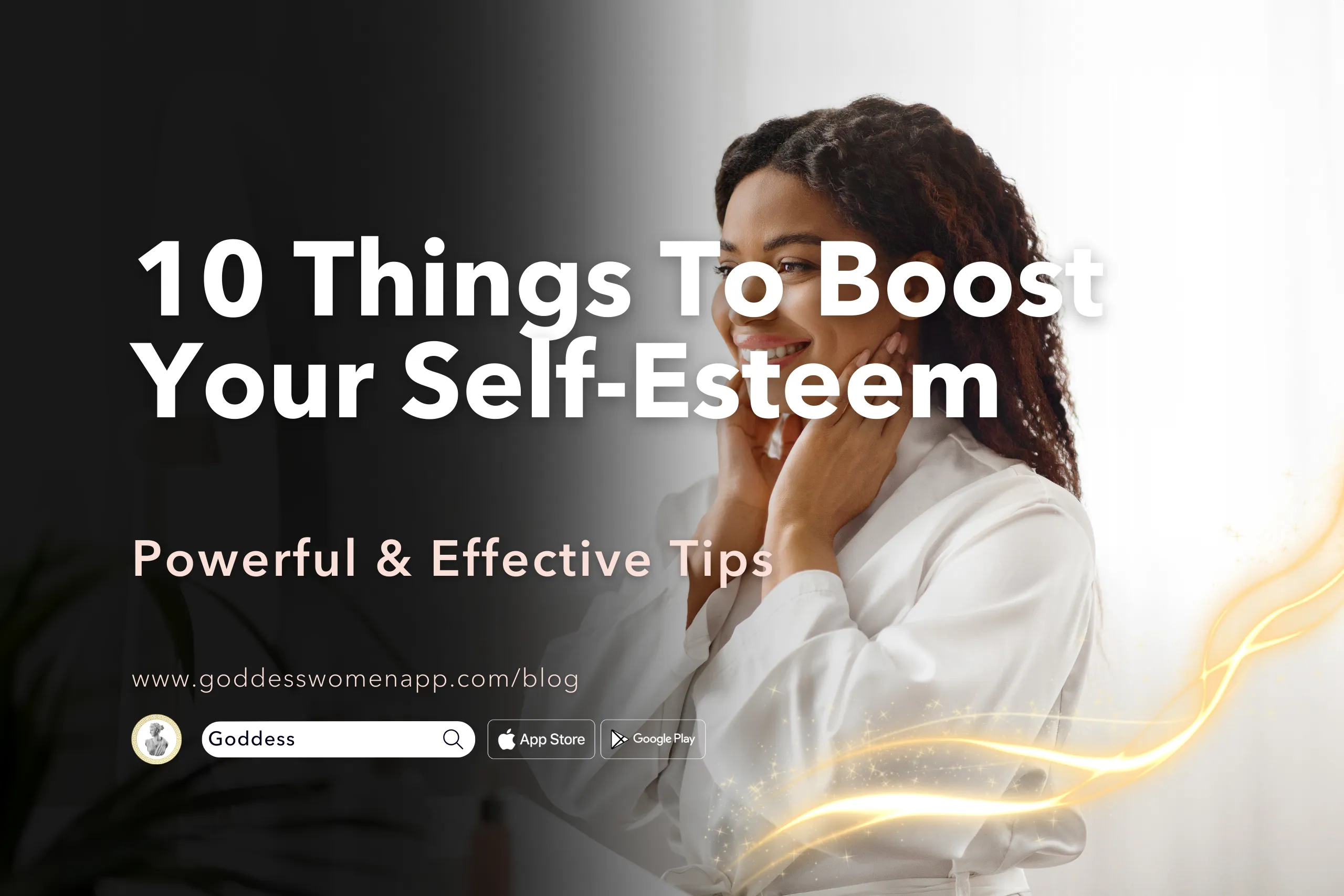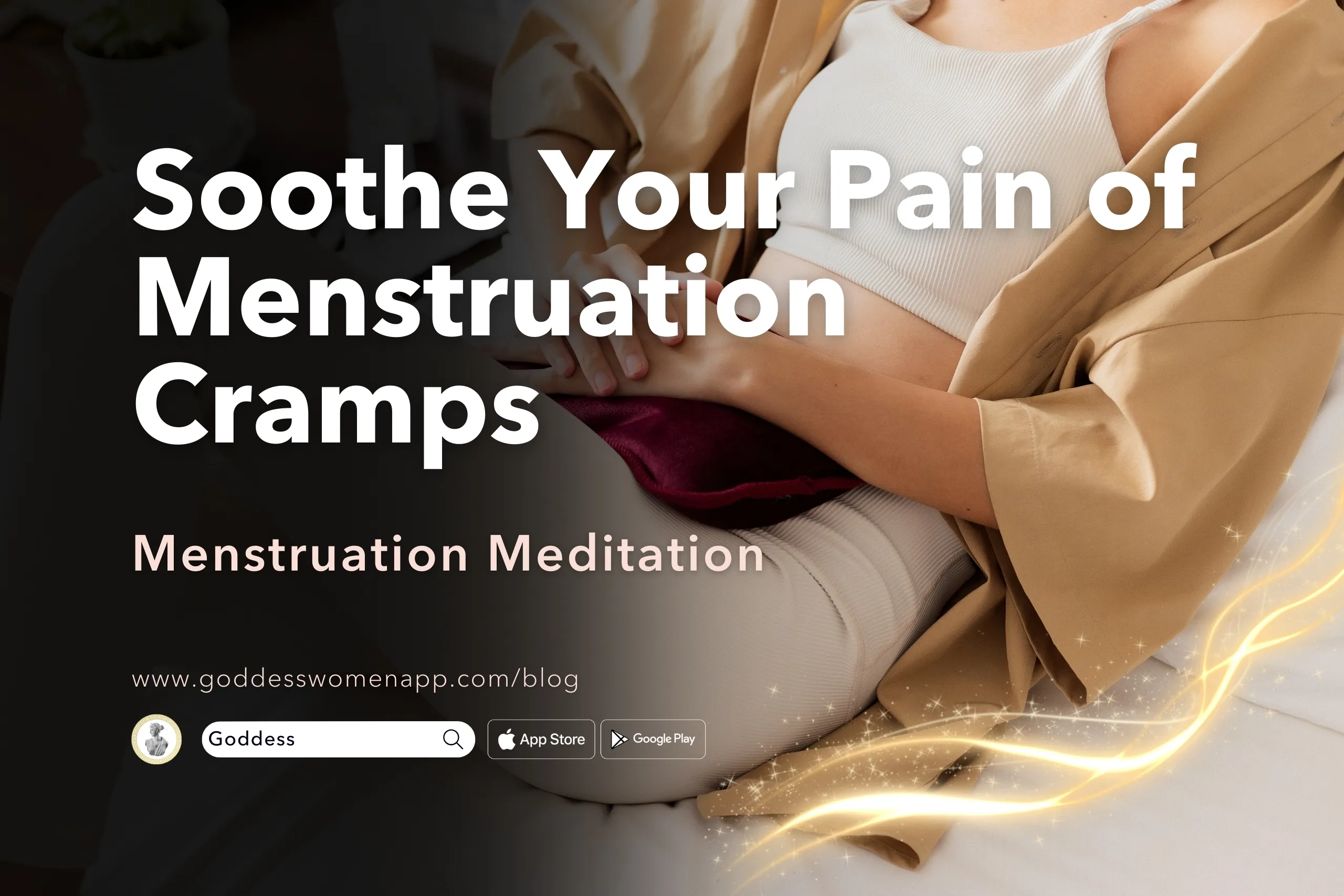Nowadays, always-connected world, finding a moment of calm can feel like an impossible dream. Yet, amidst the chaos, there’s an ancient practice that offers a sanctuary of peace: meditation. Often portrayed as a mystical or esoteric practice, the benefits of meditation is, in reality, a simple and powerful tool that can profoundly enhance our lives. Whether you’re seeking to reduce stress, improve your mental clarity, or deepen your spiritual connection, meditation has something to offer.
This article explores why meditation matters and delves into the many benefits it provides for your mind, body, and spirit.
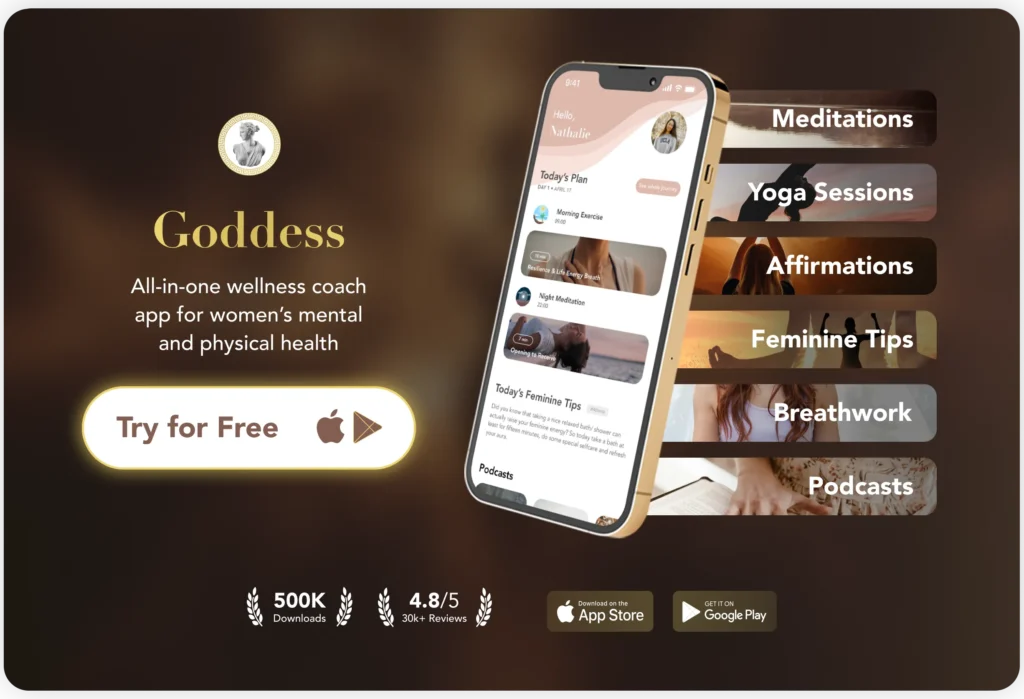
What is Meditation?
Definition and Brief History
Meditation is a practice where an individual uses techniques—such as mindfulness, or focusing the mind on a particular object, thought, or activity—to train attention and awareness, and achieve a mentally clear and emotionally calm and stable state. Its origins trace back thousands of years to ancient civilizations.
Rooted in various religious and philosophical traditions, meditation was historically practiced to deepen one’s connection with the divine and attain spiritual enlightenment. Today, it has evolved into a secular practice embraced by people from all walks of life.
Common Types of Meditation
- Mindfulness Meditation: This involves paying attention to the present moment without judgment. It helps you become more aware of your thoughts and feelings and develop a more balanced response to them.
- Transcendental Meditation: This technique uses a mantra—a specific word or sound repeated silently—to settle the mind into a state of restful awareness.
- Guided Meditation: Here, a guide leads you through a meditative experience, often using imagery or specific instructions to help you relax and focus.
- Loving-Kindness Meditation: This practice focuses on developing an attitude of love and compassion toward oneself and others.
Purpose and Goals
Meditation aims to cultivate a state of mental clarity, emotional balance, and spiritual connection. Its goals can vary depending on the type of meditation practiced and the individual’s needs. Common purposes include reducing stress, enhancing self-awareness, and fostering a deeper sense of inner peace.
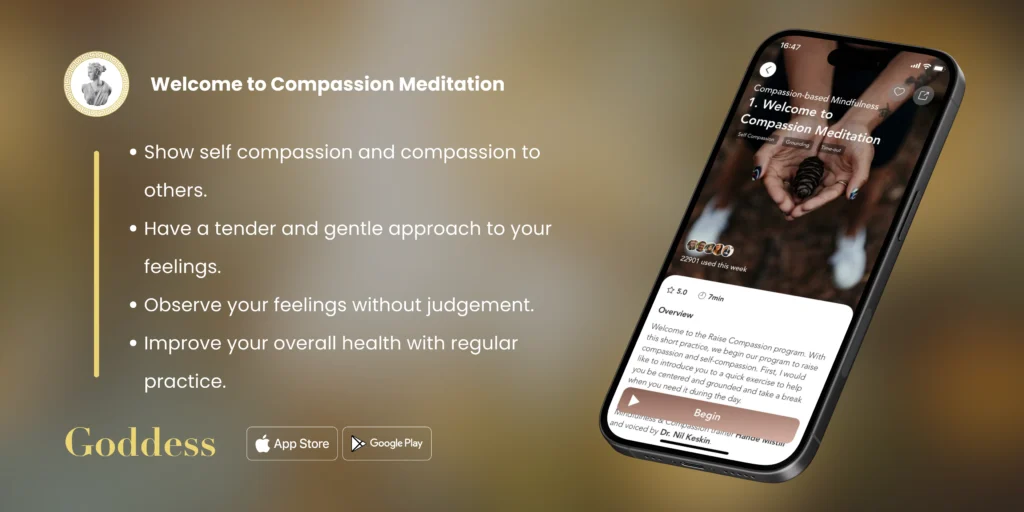
Mental Benefits
Stress Reduction
One of the most well-documented benefits of meditation is its ability to reduce stress. Stress activates the body’s “fight or flight” response, leading to increased levels of cortisol, the stress hormone. Meditation helps counteract this response by inducing the “relaxation response,” which lowers cortisol levels and promotes a state of calm. Research has shown that regular meditation can significantly decrease stress and improve overall well-being.
Enhanced Focus and Concentration
In an era of constant distractions, maintaining focus can be challenging. Meditation trains the mind to stay attentive and present, which enhances cognitive function and concentration. Practices like mindfulness meditation help improve attention span by teaching you to direct your focus and minimize the impact of distractions. Studies have found that meditation can lead to improvements in attention, memory, and overall cognitive performance.
Improved Emotional Health
Meditation has a profound impact on emotional health. By fostering greater self-awareness and emotional regulation, it helps individuals manage their emotions more effectively. Techniques such as mindfulness and loving-kindness meditation encourage a positive outlook and reduce symptoms of anxiety and depression. Regular meditation practice can lead to greater emotional resilience, enabling individuals to respond to challenges with a sense of calm and balance.
Better Sleep Quality
Struggling with sleep issues is a common concern, and meditation can be a powerful tool in improving sleep quality. By promoting relaxation and reducing the mental chatter that often leads to insomnia, meditation helps prepare the mind and body for restful sleep.
Guided meditation, in particular, is effective in creating a peaceful mental environment conducive to falling asleep. Studies have shown that individuals who meditate regularly experience fewer sleep disturbances and better sleep quality compared to those who do not.

Physical Benefits
Lower Blood Pressure
High blood pressure is a major risk factor for heart disease and stroke. Meditation can play a role in lowering blood pressure by promoting relaxation and reducing stress. Practices that involve deep breathing and relaxation techniques help calm the nervous system and reduce strain on the cardiovascular system. Research has demonstrated that regular meditation can lead to significant reductions in blood pressure, contributing to overall heart health.
Reduced Symptoms of Chronic Pain
Managing chronic pain can be challenging, and traditional pain relief methods are not always effective. Meditation offers a complementary approach by altering the way the brain perceives pain. Techniques like mindfulness meditation and body scan meditation help individuals develop a different relationship with pain, reducing its impact on their quality of life. Studies have found that meditation can lead to a decrease in pain intensity and an improvement in pain management strategies.
Boosted Immune System
A strong immune system is crucial for maintaining health and preventing illness. Meditation has been shown to enhance immune function by reducing stress and promoting overall well-being. Chronic stress can weaken the immune system, making the body more susceptible to infections and diseases. By inducing a state of relaxation and reducing stress, meditation helps support a healthy immune response. Research has indicated that regular meditation practice can lead to increased levels of antibodies and improved immune function.

Spiritual and Personal Growth
Increased Self-Awareness
Meditation fosters greater self-awareness by encouraging individuals to observe their thoughts, emotions, and behaviors without judgment. This heightened self-awareness helps individuals understand their patterns, triggers, and motivations, leading to personal growth and transformation. Practices like mindfulness and self-inquiry meditation facilitate a deeper connection with oneself, promoting a greater understanding of one’s values, beliefs, and goals.
Enhanced Creativity
Creativity often thrives in a state of relaxation and open-mindedness. Meditation helps create the mental space needed for creative thinking by reducing mental clutter and enhancing focus. Techniques such as mindfulness and visualization meditation can stimulate creative insights and problem-solving abilities. Many artists, writers, and innovators have reported that meditation has been instrumental in unlocking their creative potential and overcoming creative blocks.
Greater Sense of Purpose
Finding a sense of purpose and meaning in life is a key aspect of overall well-being. Meditation can help individuals connect with their inner values and aspirations, leading to a clearer sense of purpose. Practices such as loving-kindness meditation and self-reflection meditation encourage individuals to explore their passions and align their actions with their core values. This alignment fosters a deeper sense of fulfillment and satisfaction in life.

Practical Tips for Getting Started
Finding the Right Type of Meditation
With various meditation techniques available, it’s important to find the one that resonates with you. Experiment with different types of meditation to see which practice suits your needs and preferences. Whether it’s mindfulness, guided meditation, or another technique, choose a practice that feels comfortable and aligns with your goals.
Setting Up a Routine
Establishing a regular meditation practice is key to experiencing its benefits. Start with a few minutes each day and gradually increase the duration as you become more comfortable. Consistency is more important than duration—aim for a regular practice that fits into your daily routine. Create a dedicated space for meditation, free from distractions, to enhance your practice.
Overcoming Common Challenges
Starting a meditation practice can come with challenges, such as a restless mind or difficulty finding time. Address these challenges by setting realistic goals and being patient with yourself. It’s normal for the mind to wander during meditation; gently bring your focus back to the present moment. Remember that meditation is a skill that improves with practice, and persistence is key.

Conclusion of The Benefits of Meditation
Meditation is more than just a relaxation technique—it’s a powerful tool that offers a multitude of benefits for the mind, body, and spirit. From reducing stress and improving emotional health to enhancing creativity and spiritual growth, meditation has the potential to transform various aspects of your life. By incorporating meditation into your daily routine, you can experience a greater sense of balance, well-being, and fulfillment. Take the first step on your meditation journey today and unlock the profound benefits that await.
Remember, the path to a more peaceful and empowered life begins with a single breath. Embrace the practice of meditation and discover the transformative power it holds.
Read more:
